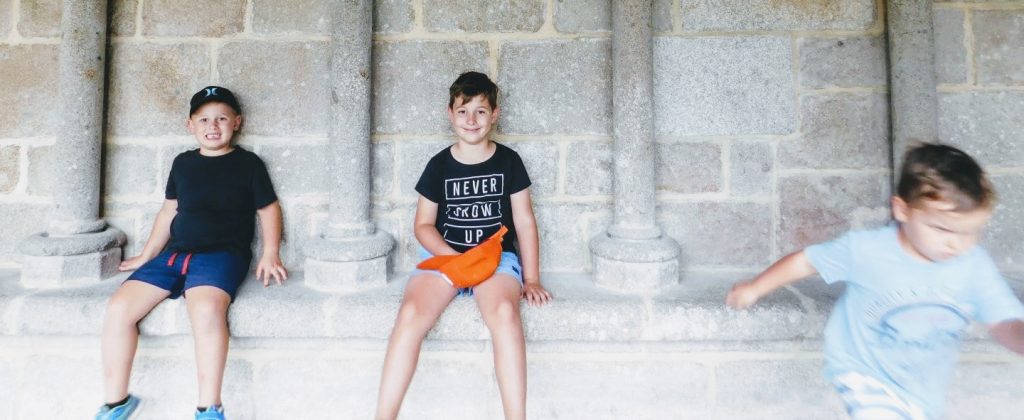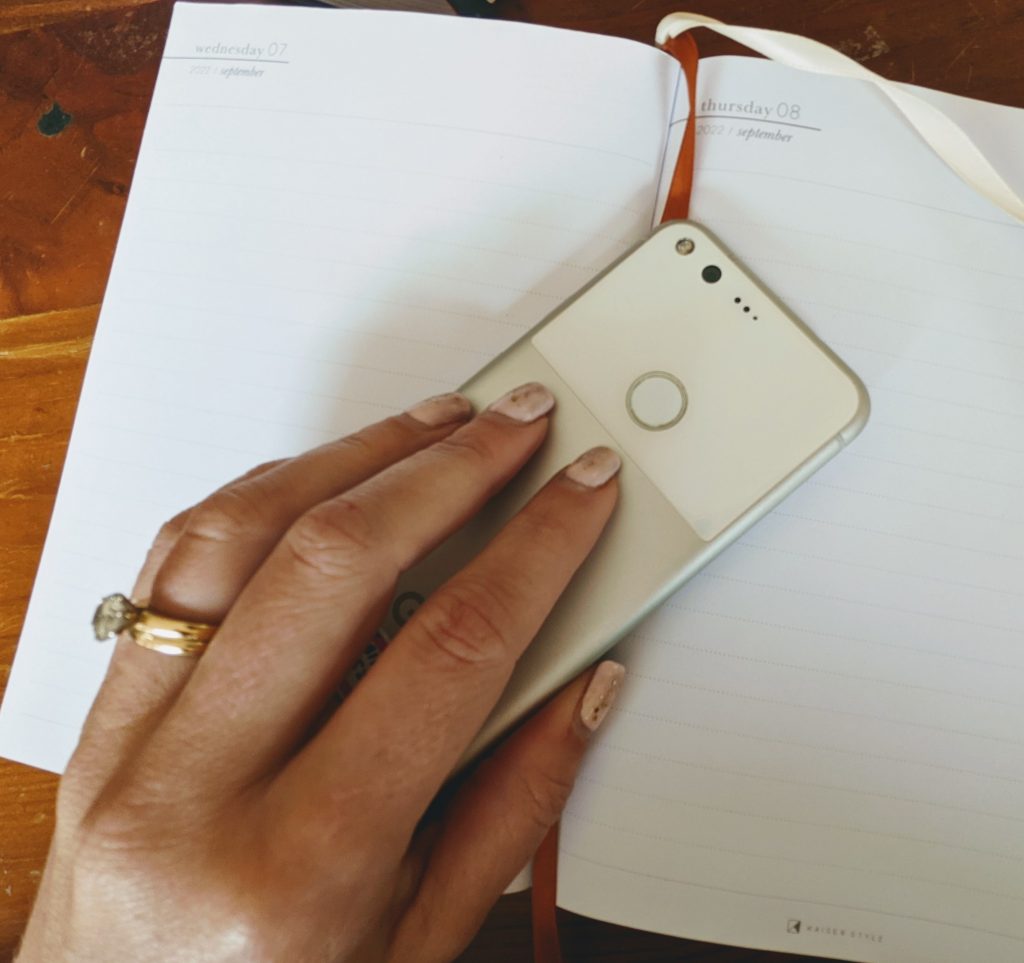Author: Jake Robinson, Paediatric Occupational Therapist
5 min read
Meltdowns – we’ve all been there, because all children have them at some point or another. Have you ever wondered why they always happen at the most inopportune moments, like when you’re trying to leave the house, running into the shops to grab milk, or even when things seem like fun. As parents we need to be able to identify when our child needs support to help their body find a regulated state. Caroline Kranowitz’s ‘seven drops’ for when disaster strikes offer some simple strategies to use to avoid or manage a meltdown.“

Next time your little one is struggling to keep their cool, remember these seven drops for when disaster strikes.
Drop your voice
When a child is explosive, demanding, and needs immediate ‘emotional first-aid’ we need to lower the volume of our voice. Words can be hard for children to understand and interpret, especially in a heightened emotional state. Dropping your voice is a powerful way to reduce the expectations and demands on your child in that moment. Dropping your voice can look like:
- Whispers
- Gestures only
- Facial expressions
Drop your body – get down on the child’s level
Research about stress and early brain development shows that children relax when caregivers are physically on their level. When you are down on a child’s level they are better able to relate and read a person’s intentions, which reduces anxieties around the situation. By getting down on the child level and to the side of them you are reducing yourself as an imposing figure, making it easier for children to gain visual information (body language) and connection.
Drop what you are doing
As parents you don’t get many moments to yourself, often you want to just relax and watch a show, read a book, or just focus your attention on a task. In these moments it can be easy to get caught up in these activities and dismiss your child seeking you out. By dropping what you are doing you are seizing the moment to relate to your child in a positive and meaningful way. This can be as simple as pausing a show to watch your child do a cartwheel, or closing your work computer to answer your child questions. These moments are precious and you may not have another opportunity to connect like that again.
Drop your guard
No one likes to see their child struggling or upset. But it’s okay to let your child take risks, although they must be safe risks. Taking safe risks is how children learn and develop new skills. You won’t always be able to protect your child from difficulties in life. Children are bound to make mistakes and face challenges throughout their lives, but they must learn and develop their own way to cope and recover.
Drop you defences
Your child is not having a meltdown for fun, it’s not something that feels good for them. It’s not fun for you either. People may stare, shake their heads, and judge you as a parent. It is important to remember that these people don’t understand your child and the challenges they’re facing. In these moments it is easy to become defensive towards others, but instead you should meet it. Address people if needed and explain your situation, “My child has a neurological condition, this makes it hard for them to process sensory information in busy settings without becoming overwhelmed. So can you please give us some time and space”.

Drop your Batteries
Put your phones away and have a moment to connect. These moments are few and far between and will be gone before you know it. Electronic devices can be a dampener on a child’s want to experience and gain new physical and mental activities. Active bodies and brains are a child’s source of energy and learning. Hands-on play will always beat battery powered toys.
Drop your misconceptions that fun is frivolous
We are all born to be pleasure-seekers, everyone has a desire for fun and enjoyment. For children, good sensations are neither an ‘extra’ or a reward, they are a necessity for life and learning. Fun does not have to be a complex game with rules, it can be as simple as pulling faces, making noises, or dancing to music in the background.
To explore the seven drops for when disaster strikes further, check Caroline Kranowitz’s “The Out of Sync Child”.
Working with an occupational therapist can help you identify the strategies that will best support your child’s regulation. Get in touch for a friendly chat about your family’s needs.
GET IN TOUCH

